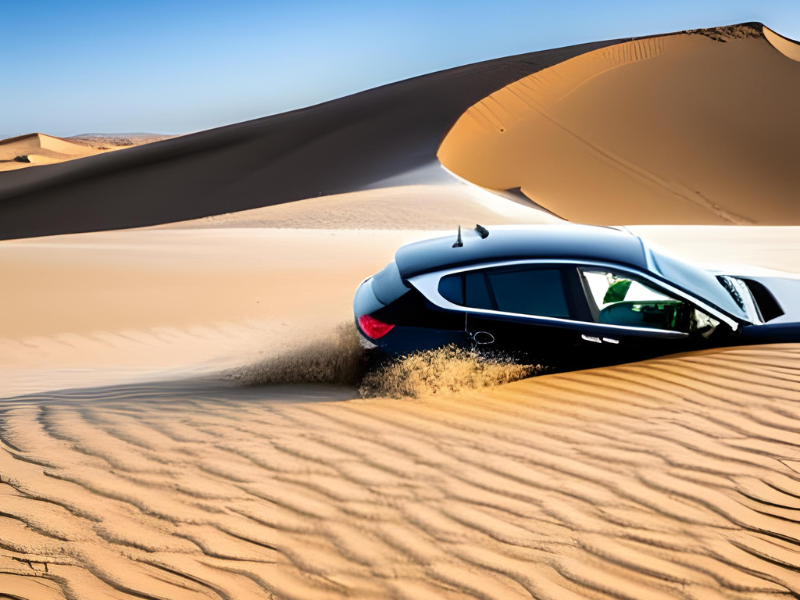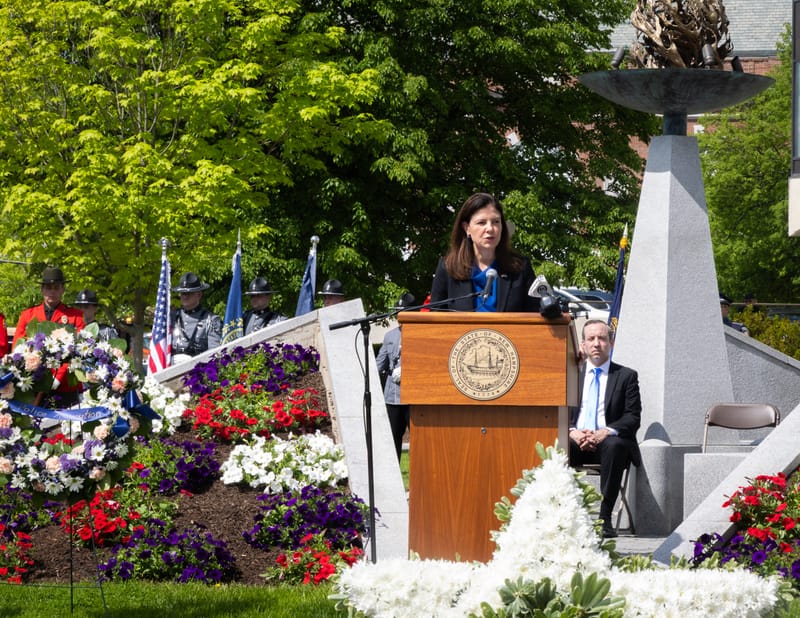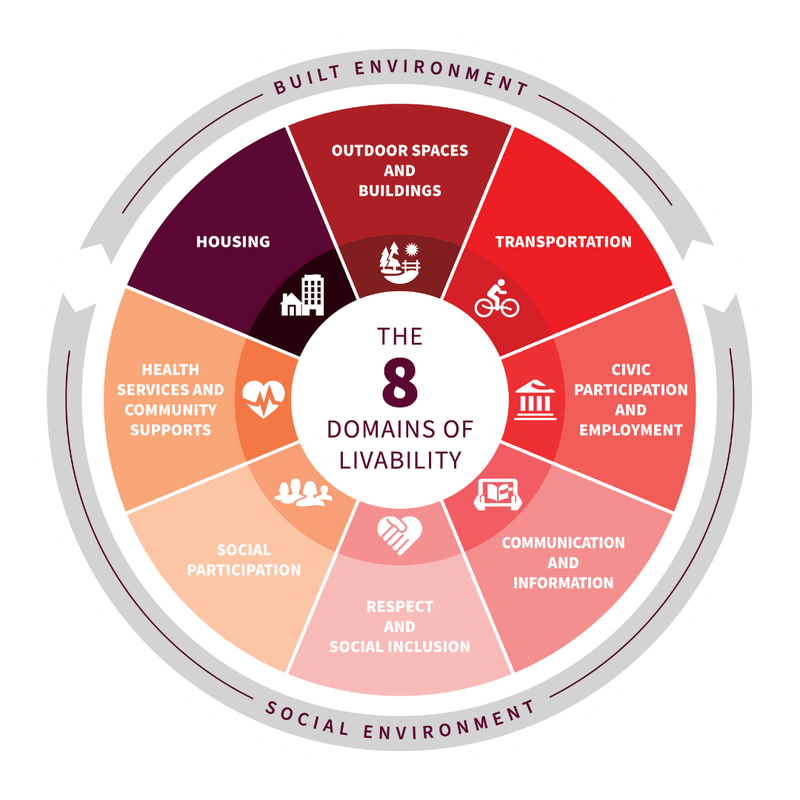More solutions than problems
I’ve been accurately accused of being a lot of things—a drunk, a junkie, a weirdo, a pompous clown and just plain crazy, to list just a few of the charges. One particular adjective has been universally true, at least since I got into recovery—I am annoyingly optimistic, believing anything that needs



I’ve been accurately accused of being a lot of things—a drunk, a junkie, a weirdo, a pompous clown and just plain crazy, to list just a few of the charges. One particular adjective has been universally true, at least since I got into recovery—I am annoyingly optimistic, believing anything that needs to be done CAN be done, given enough focus and effort. The universe always has more solutions than it does problems.
This belief flows from an ability (or curse, I suppose) to view and frame life from the most positive angle. Life, like drawing, is all a matter of perspective. We all know the rain that ruins my weekend may be the rain that saves your garden. Let me give an example, drawn from today.
This morning I drove to the edge of the desert, parked my car and walked half a mile out, sat down and just sat. One could be kind and call it meditating, but mainly I bathed in the overwhelmingness of it. After an hour or so, I took out my phone and put on a playlist of Django Reinhardt. Reinhardt was huge in Europe in the late ’30s and had caught on with sophisticated American listeners, so his music helped set my mental scene. (I haven’t mentioned it in this space before, but my trip to the Sahara is entwined with a novel I’m working on, set during World War II and based on a real plane crash. The plane went down in the Libyan Sahara, a thousand miles from here, but Libya in general and the desert, in particular, is no place for a 64-year-old American who wants to see 65.)
The music was sublime, the wind cooled the 90-degree sun (and blew sand dust into every orifice in my head) and I was content. After about four hours, I walked back to my car, a mini-tiny-little Renault Clio. Driving out, I saw a shortcut, or at least a potential one. Instead of driving on the dark, packed sand, if I went across the light sand, I could save up to 30 seconds of driving time. Clearly, only a fool would pass up such an opportunity!
In second gear, I headed across the cut. More accurately, I tried to head across. It seems there’s a reason for driving on dark, packed-down sand—it doesn’t swallow a car up to its axles the way desert sand does. Stalling immediately, I did what every New England winter driver knows not to do. I tried first gear, then reverse, then first, digging myself ever deeper. If a dummy alarm hadn’t sounded in my head, I might be at the center of the earth now.
I remained calm, got out and surveyed the situation. The front tires had sand halfway up, but the back tires were unburied. I started digging out with my hands, making a slow go of it. Like powdery snow, sand refuses to stay where it’s pushed, obeying some physical law and seeking its own level. When I’d dug out the tires, I looked underneath and saw things weren’t nearly solved. The underbody of the car was resting on sand.
I didn’t panic. I thought about cats. I don’t love or hate cats, but I thought about all the cat skeletons in trees, the remains of those who’d climbed an elm and just couldn’t get down. Then I realized I was imagining, not remembering. Every cat figured out a way to descend, and I’d figure this out.
I dug some. I pondered some. I dug more. I thought about cats, then realized that was an inspirational image, not a way to get a car out. I dug more, then got into the car and rocked it back and forth, the way I’ve done in snow. When I got out, I saw I’d undone the last 15-minutes’ work, and had changed things not a whit. Still, I didn’t panic. I began redoing my work, galling but necessary.
Sisyphus-like, I might still be moving that sand only to have it declare its desire to stay where it goddamned-well was, except I saw, 500 yards away, a line of 4X4s heading their way into the desert. Jumping up and down and waving my arms, the universal sign of a helpless ninny, I got their attention. They stopped, and their leader buzzed over to me, assessed things then indicated he’d call someone. I thanked him, and wanted to say more in Arabic, but the only memorized phrase that came to mind was متى يصبح النوم بلا أحلام موتًا؟ and I wasn’t sure now was the time to ask, “When does a dreamless sleep become death?” Come to think of it, I’m not sure why I’ve memorized that.
Within five minutes, my new best friend, Yusuf, came up on a dirt bike. Three minutes after that, we’d pushed it out of the deep sand. I offered Yusuf a few hundred dirham, but he refused until I forced it on him. We then rode side by side back to the highway.
I said earlier that life is a matter of perspective, and this is a clear case of it. More than 40 years ago, when I was discharged from the Army, I had generous GI Bill benefits. I could have majored in accounting or business or chemistry, but I didn’t. Instead of preparing for a lucrative if boring career, I majored in English literature, which promised a future free of employment. That degree, though, prepared me perfectly for today. Without it, I might not have known it was Blanche DuBois in “A Streetcar Named Desire,” who said, “I’ve always depended on the kindness of strangers,” and what better ending could there be?





